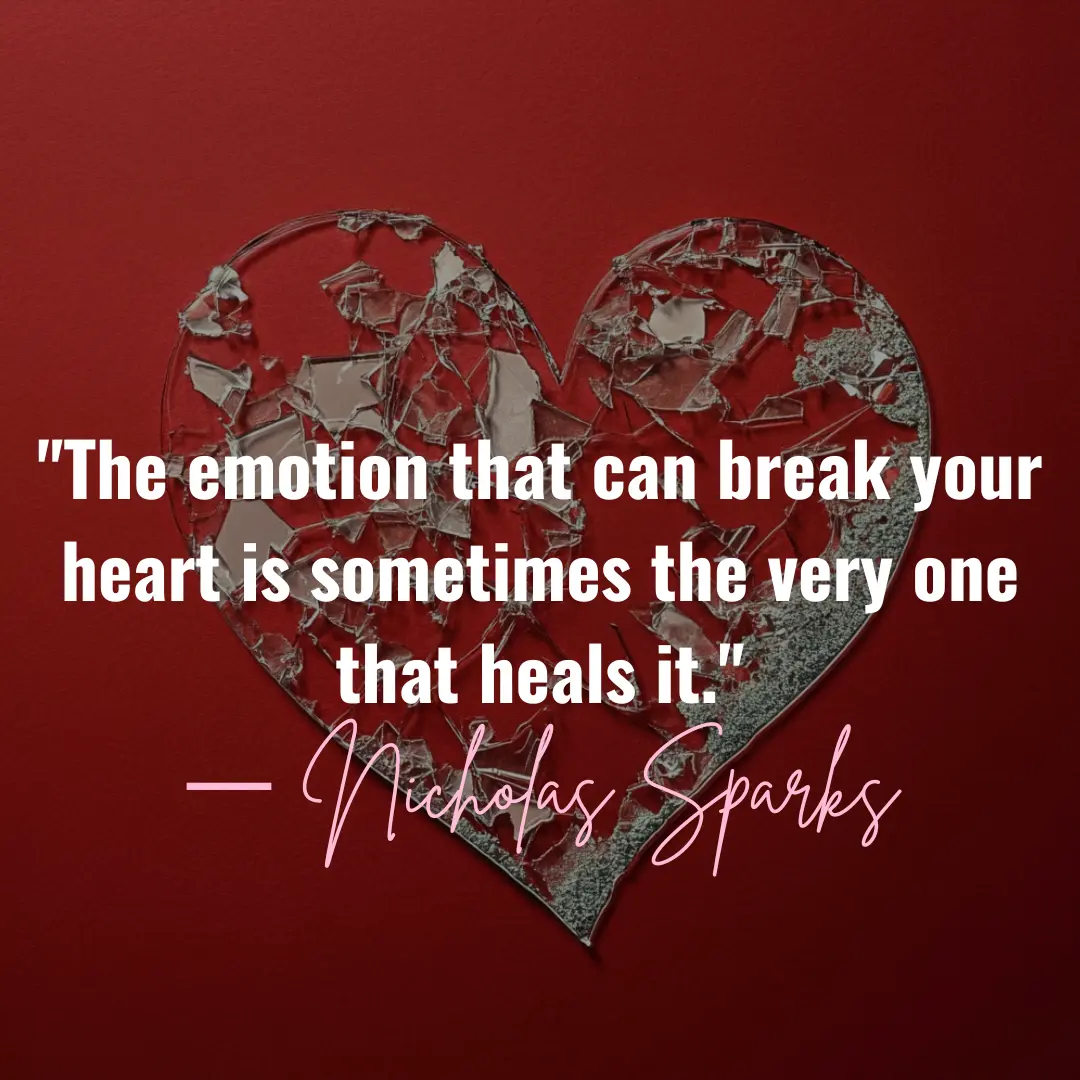Love is often portrayed as pure, uplifting, and eternal—a force that heals and connects. While love can indeed be all those things, it also has a darker side that is rarely spoken of. This shadowy aspect of love—the pain, obsession, toxicity, and heartbreak—reveals how complex and multifaceted this emotion truly is.
Exploring the darker side of love is not an attempt to undermine its beauty but rather to acknowledge its reality. Understanding love’s shadows can help us navigate them with wisdom and strength.
The Darker Side of Love
- Obsession and Possessiveness
What begins as intense passion can sometimes spiral into obsession. Love, when fueled by insecurity or fear of loss, can manifest as possessiveness, jealousy, and control. Instead of nurturing, this kind of love suffocates and binds. - Toxic Relationships
Not all love is healthy. In toxic relationships, love becomes a weapon, wielded to manipulate, dominate, or belittle. Partners may stay out of fear, guilt, or a misguided hope that things will improve, all while their self-esteem erodes. - Unrequited Love
Loving someone who doesn’t love you back is one of the most painful experiences. It can leave a person feeling invisible, inadequate, and heartbroken, as they grapple with the reality that their feelings are not reciprocated. - Betrayal
Infidelity, dishonesty, or emotional betrayal can shatter the trust and foundation of a relationship. Betrayal doesn’t just hurt—it destabilizes a person’s sense of security and faith in love. - Dependency and Loss of Self
When love becomes the center of one’s identity, it can lead to emotional dependency. In such cases, losing the relationship feels like losing oneself, leaving an emptiness that’s hard to fill. - Heartbreak and Grief
Whether through a breakup, rejection, or the death of a loved one, love’s end can be devastating. It leaves scars that take time, and sometimes a lifetime, to heal. - The Fear of Vulnerability
Love demands vulnerability—a willingness to open oneself to another. But this openness also makes us susceptible to pain, rejection, and exploitation.
Why We Must Acknowledge Love’s Dark Side
Love’s darker aspects are not meant to scare us away from it but to remind us of its power. Just as love can heal, it can also harm if not nurtured with care and understanding. Ignoring this reality leaves us unprepared for its challenges and blinds us to potential red flags.
Acknowledging the dark side of love teaches us:
- To Recognize Unhealthy Patterns: Awareness helps us identify when love is no longer mutual, respectful, or uplifting.
- To Protect Ourselves: Understanding love’s risks equips us to set boundaries and prioritize our emotional well-being.
- To Grow Through Pain: Heartbreak and loss, though painful, can lead to profound personal growth and resilience.
Finding Light Amid the Darkness
Even in its darkest moments, love can be a teacher. Here’s how to navigate love’s shadows:
- Set Boundaries: Love should never cost you your peace or self-respect. Learn to say no to possessiveness, toxicity, or emotional manipulation.
- Heal Through Self-Love: After heartbreak or betrayal, turn inward. Rebuild your sense of self-worth and focus on your own growth and happiness.
- Seek Support: Don’t endure love’s pain alone. Talk to trusted friends, family, or a counselor to process your feelings and gain perspective.
- Let Go When Necessary: Sometimes, the bravest thing you can do is walk away from a love that no longer serves you. Letting go opens the door to healing and new possibilities.
- Embrace the Lessons: Every experience in love, even the painful ones, teaches us something about ourselves and what we need in a relationship.
Conclusion
Love is neither all light nor all darkness—it is both. To love is to take a leap of faith, knowing that joy and pain walk hand in hand. By confronting the darker side of love, we can learn to navigate its challenges with strength, compassion, and wisdom.
Ultimately, the darkest side of love is not its pain but its potential to teach us resilience and guide us toward healthier, more authentic connections.
1.1 / How to Handle the Darkest Sides of Love:
Love is a force that can heal, but it can also hurt deeply. The darkest sides of love—obsession, betrayal, heartbreak, and toxicity—challenge our emotional resilience and self-worth. However, even in these difficult moments, there are ways to navigate the pain and emerge stronger.
Here’s how to handle the darkest sides of love and transform them into opportunities for growth and renewal.
1. Obsession and Possessiveness: Reclaiming Balance
When love turns into obsession or possessiveness, it can suffocate both partners and erode trust. To handle this, it’s crucial to:
- Set Clear Boundaries: Define what is acceptable and what isn’t in the relationship. Healthy love respects individuality and personal space.
- Focus on Self-Identity: Develop hobbies, friendships, and passions outside the relationship to maintain a sense of self.
- Seek Professional Help: If obsession feels overwhelming, therapy can help unpack underlying insecurities and fears.
2. Toxic Relationships: Breaking Free
Toxic love can drain your emotional and mental well-being. Recognizing and addressing toxicity is vital:
- Acknowledge the Problem: Accept that the relationship is unhealthy, even if it’s difficult to admit.
- Prioritize Your Well-Being: Focus on self-care and emotional recovery. Surround yourself with supportive people who uplift you.
- Take Action to Leave: Ending a toxic relationship can be hard, but it’s essential for your mental health. Seek support from trusted friends, family, or a counselor to make the transition easier.
3. Unrequited Love: Letting Go Gracefully
Unrequited love is painful, but it’s also a chance to grow emotionally:
- Accept Reality: Understand that you cannot force someone to love you. Acceptance is the first step toward healing.
- Shift Your Focus: Redirect your energy toward self-improvement, new goals, or exploring meaningful friendships.
- Find Closure: Write a letter you’ll never send, expressing your feelings, and then let it go.”Closure is something you seek for yourself, not something you give to someone else.”
4. Betrayal: Rebuilding Trust or Moving On
Betrayal cuts deeply, but it can also teach valuable lessons:
- Confront the Pain: Allow yourself to grieve and process your emotions. Suppressing pain only prolongs healing.
- Communicate Honestly: If you choose to rebuild the relationship, have an open, honest conversation about boundaries and trust.
- Know When to Let Go: If the betrayal is too severe, walking away may be the best choice for your peace of mind.
5. Emotional Dependency: Finding Yourself Again
Losing yourself in love can leave you feeling empty when the relationship falters:
- Reconnect with Yourself: Spend time alone, rediscovering your passions, goals, and identity.
- Build Emotional Independence: Learn to rely on yourself for happiness, rather than looking to your partner to fill emotional voids.
- Seek Support: A therapist or support group can help you regain confidence and self-worth.
6. Heartbreak and Loss: Healing with Time
Heartbreak is one of the darkest sides of love, but it’s also one of the most transformative:
- Allow Yourself to Grieve: Let the emotions flow—cry, journal, or talk about your feelings. Suppressing them will only prolong the pain.
- Show yourself kindness: Treat yourself with care and understanding during this challenging period.. Healing takes patience and care.
- Focus on Growth: Use this time to learn more about yourself and what you want from future relationships.
- Find Meaning in the Pain: Sometimes, the most profound lessons come from the hardest experiences.
7. Fear of Vulnerability: Embracing Courage
Love requires openness, but vulnerability can feel like a risk:
- Start Small: Share your feelings gradually, building trust over time.
- Accept Imperfection: Understand that vulnerability is a sign of strength, not weakness. Nobody is perfect, and that’s okay.
- Seek Safe Spaces: Surround yourself with people who make you feel valued and respected.
Final Thoughts
The darkest sides of love are not meant to destroy us but to shape us into stronger, more self-aware individuals. By facing these challenges head-on, we learn to set boundaries, value ourselves, and seek relationships that are healthy and fulfilling.
Remember, the pain of love is temporary, but the lessons it teaches can last a lifetime. Love, even at its darkest, has the power to transform us into more resilient, compassionate, and courageous beings.

